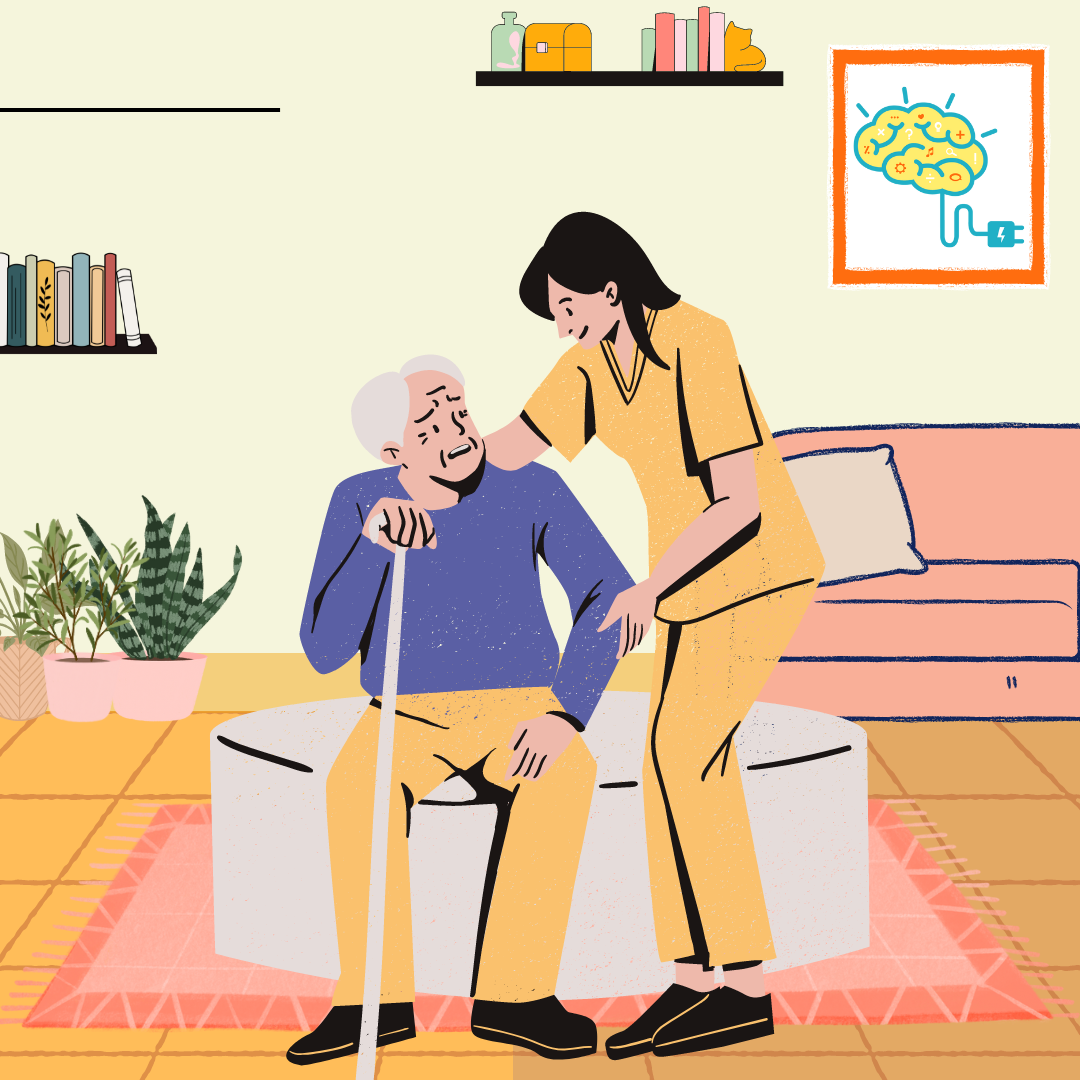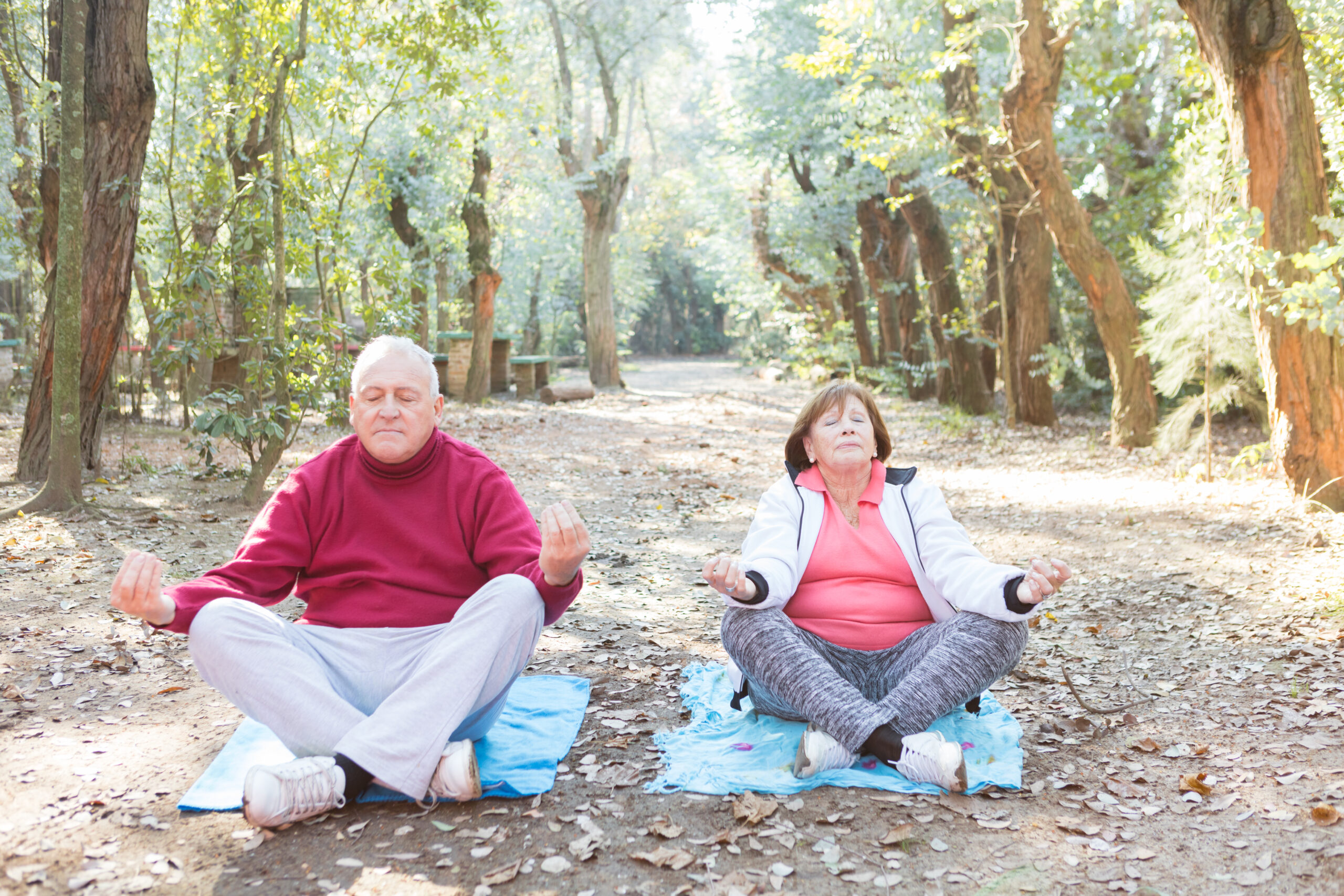Parkinson’s Disease and How It Affects Quality of Life
Category:

Parkinson’s Disease (PD) is a progressive nervous system disorder that affects movement. It’s estimated that around 10 million people worldwide are living with PD, and the majority of them are seniors. This chronic disease affects every aspect of life, including physical, emotional, and social well-being. In this blog, we will discuss PD and its impact on the quality of life for seniors.
Physical Impacts of Parkinson’s Disease
The physical symptoms of Parkinson’s Disease are the most noticeable and can be the most challenging to manage. Seniors with Parkinson’s Disease may experience tremors, stiffness, and difficulty with balance and coordination. These symptoms can make it difficult for them to perform daily activities such as dressing, grooming, and eating. They may also have trouble with mobility, which can lead to falls and injuries.
Seniors may also experience speech difficulties and difficulty swallowing as the disease progresses. This can make it challenging to communicate with others and lead to isolation and loneliness.
Emotional Impacts of Parkinson’s Disease
Living with Parkinson’s Disease can take a toll on seniors’ emotional well-being. They may feel frustrated, angry, and depressed due to the physical limitations imposed by the disease. They may also feel a sense of losing control over their lives, which can be challenging to accept. Parkinson’s disease can also impact memory and cognitive function, which can cause seniors to feel anxious and uncertain about their future.
Social Impacts of Parkinson’s Disease
Seniors with Parkinson’s Disease may also experience social isolation. The physical symptoms of the disease can make it difficult for them to participate in social activities, and the emotional impact of the disease can make them feel withdrawn and disconnected from others. This can lead to loneliness and a lack of purpose in life.
Improving Quality of Life for Seniors with Parkinson’s Disease
Despite the challenges of living with Parkinson’s Disease, there are ways to improve the quality of life for seniors. Physical therapy and exercise can help seniors maintain mobility and reduce fall risk. Occupational therapy can also help seniors learn new ways to perform daily activities and maintain independence.
Counseling and support groups can help seniors cope with the emotional impact of the disease and connect with others who understand what they are going through. Seniors can also benefit from assistive devices such as walking aids and voice amplifiers to help them communicate more easily with others.
In conclusion, Parkinson’s Disease can significantly impact the quality of life for seniors. However, with the proper support and care, seniors can continue to live fulfilling and meaningful lives despite the challenges posed by the disease.
Subscribe
Date: June 11, 2024
Category:


